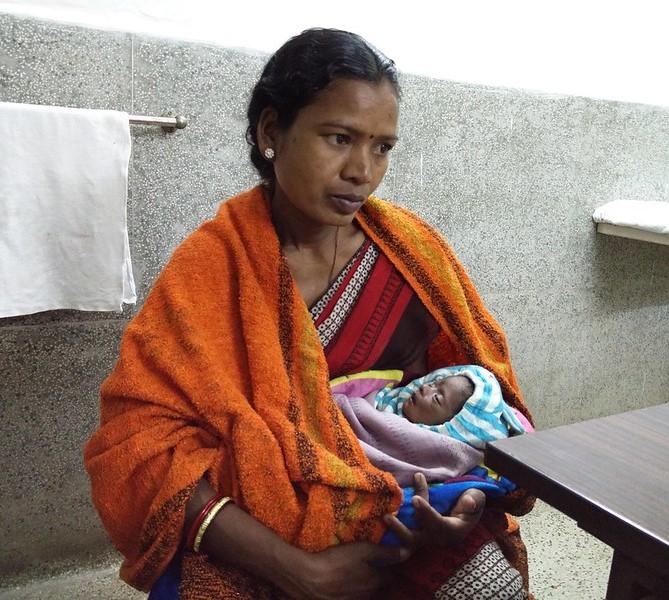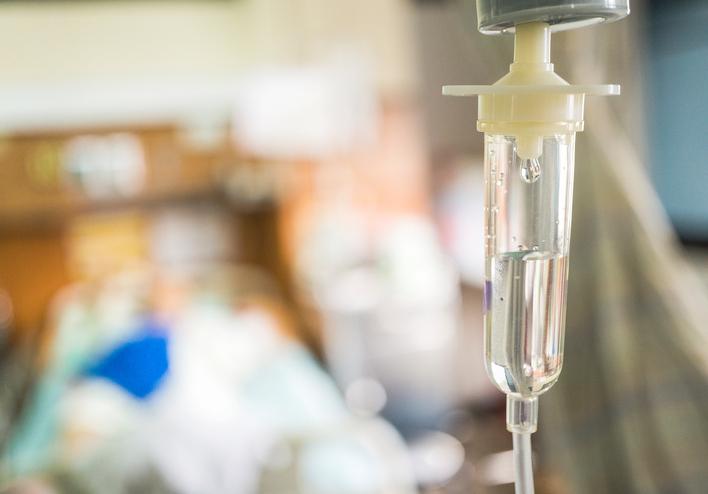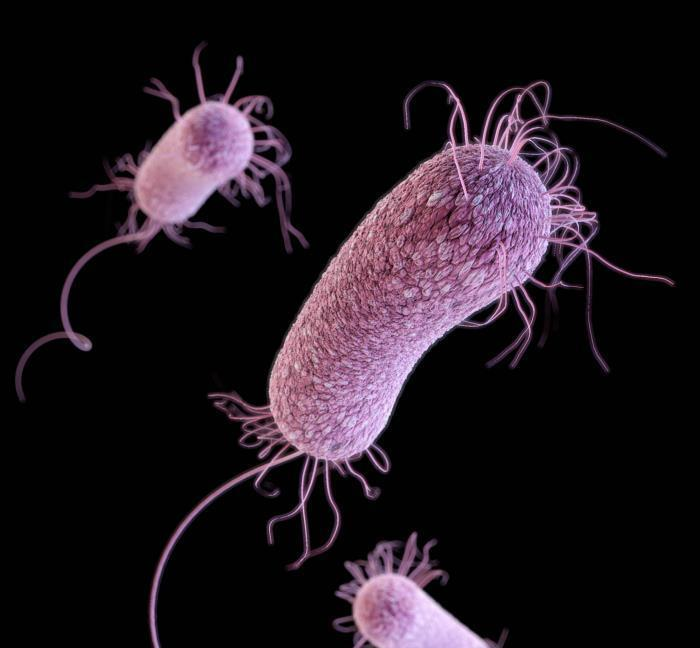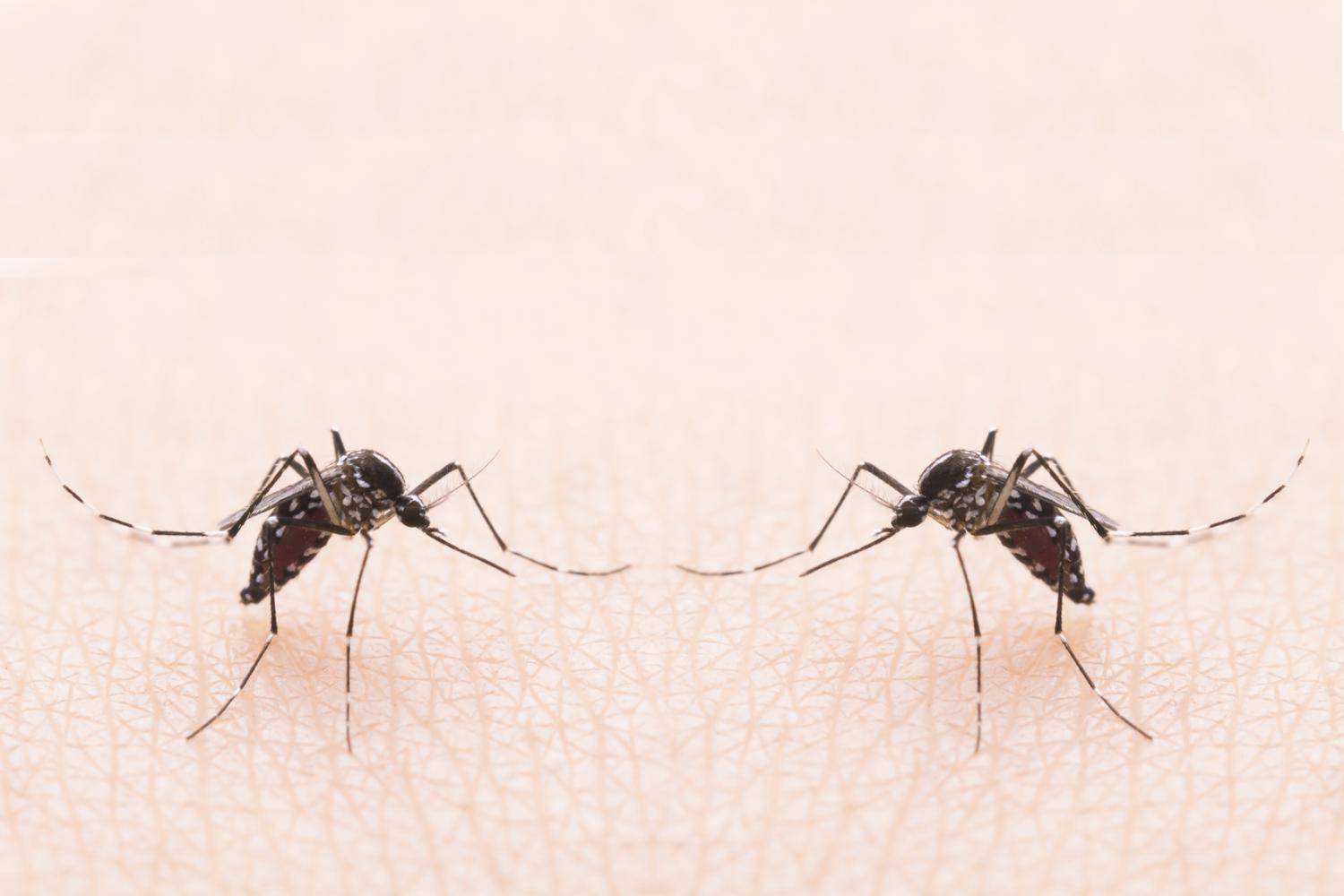CARB-X announced today that it is awarding $1.7 million to St. Paul, Minnesota—based biotechnology company Syntiron to develop a maternal vaccine that targets two leading causes of neonatal sepsis.

The money will support early-stage development of Syntiron's Alloy-EK vaccine, which targets iron receptor proteins in Escherichia coli and Klebsiella pneumoniae, the bacteria that cause a large portion of neonatal sepsis infections. A recent study estimates that sepsis—an overwhelming reaction to infection that can lead to organ failure and death—killed 2.5 million children under the age of 5 in 2017, mostly in low- and middle-income countries.
Because newborns are too young to be immunized, the vaccine would be given to expectant mothers, who are also at risk of urinary tract infections caused by these pathogens and can pass them on to newborns during childbirth. The hope is that vaccinated mothers would pass the antibodies on in utero and through breast milk and strengthen their newborns' immune system against infection.
Targeting a 'tremendous burden'
"The bacteria targeted by this vaccine are a tremendous burden on public health for babies, children, and adults worldwide," Syntiron Managing Director Lisa Herron-Olson, PhD, said in a CARB-X press release. "Preventing these infections by vaccination offers substantial potential health benefit to mothers and babies, while reducing the spread of antimicrobial resistance."
Syntiron's vaccine candidate is the most recent of the 94 early-stage projects designed to prevent, treat, and diagnose antibiotic-resistant infections that have been supported by CARB-X (the Combating Antibiotic-Resistant Bacteria Biopharmaceutical Accelerator) since it was founded in 2016.


















